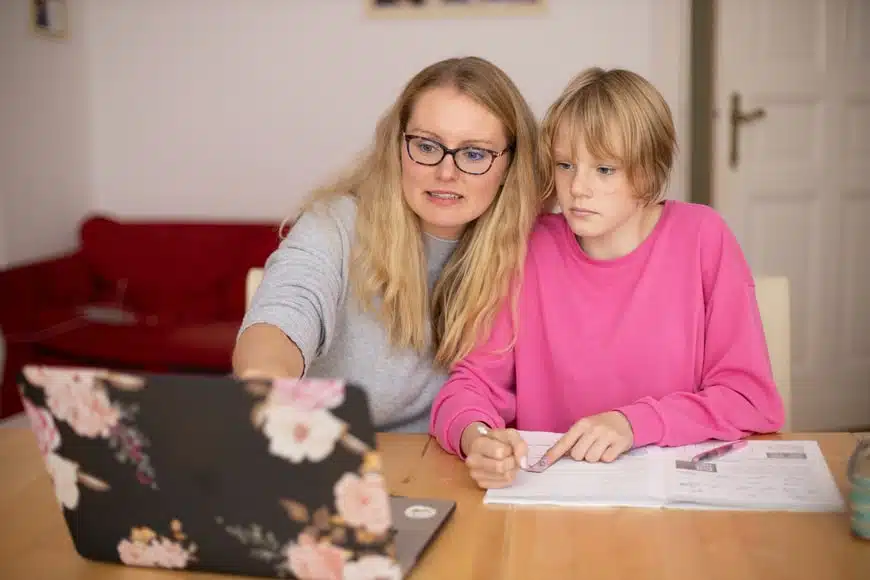Children not in attendance at school will be required to sign a register under the government’s plans for levelling up education.

The government has confirmed it will go ahead with the creation of a register for children not in school at the earliest available legislative opportunity.
While much of home schooling is done well, the government will support local authorities to make sure they know where every child is being educated, that it is of the right quality, and that support is offered to home educating families, particularly in light of the pandemic contributing to a rise in children not being educated in school.
The measures will place a new duty on local authorities to maintain a register of children not in school and will enable them to identify and support young people who, in the rare cases, may be receiving an unsuitable education, for example at an unregistered school.
Education Secretary Nadhim Zahawi said: “Education is at the heart of this government’s plans to level up, ensuring that every child has the opportunity to succeed no matter where they grow up or what their background.
“While the majority of children already learn in a calm and well-maintained classroom, and some learn at home with dedicated parents, there are areas across the country where high standards are not being met.
“As Education Secretary, it is my priority to make sure every child gets the start in life they deserve, which is why I’m announcing clearer guidance to help every school boost behaviour and new legislation to create the first local authority register for children not in school. Not only this, but our school rebuilding programme will ensure pupils can learn in state of the art facilities, giving them the best opportunity to thrive,” he added.
The government’s Levelling Up White Paper will also provide greater support on behaviour for headteachers to create calm, orderly, safe and supportive environments for children and young people to thrive in.
The revised behaviour guidance outlines that headteachers are best placed to make decisions on whether mobile phones should be in classrooms, considering the needs of their pupils. There will also be more consistent guidance to support headteachers with decisions about exclusions, making sure they are used in a proportionate and fair way.
A consultation on revised guidance will begin to give headteachers clearer support on maintaining that positive culture, and advice on responding to behaviour incidents online.
The White Paper includes proposals for targeted education support in 55 lower performing areas such as Bolton, Luton and Rochdale.
At the same time. the flagship School Rebuilding Programme, announced by the Prime Minister in 2020 and with £2bn to be invested in 100 rebuilds already, is also entering its most intensive phase. For the first time, applications are being invited for the selection of up to 300 of the programme’s 500 total projects this decade, transforming the lives of hundreds of thousands of students across the country, providing facilities fit for the future of education.
All projects in the School Rebuilding Programme are built to the latest construction standards, resilient to climate risks, net-zero in operation, and include modern facilities to support a world-class education from classrooms and science labs, to sports halls and dining rooms.
Furthermore, the children’s commissioner for England is already carrying out work to increase attendance in school and to prevent children from becoming lost in the system.
Children’s Commissioner Rachel De Souza said: “The register of children not in school is vital in making sure that we are able to keep children safe and engaged, wherever they are learning. The reason I’ve pressed for the roll-out of a national register is that it is all about ensuring children are safe, that they get the best education they can, helping to unlock doors to their future, and that those dedicated parents who choose to educate their children at home feel supported in doing so.
“What hundreds of thousands of children have told me is that they love school and are so pleased to be back in the classroom. Nothing made them value school more than the face-to-face education they’d missed so much during lockdown they are happy to be back with their friends and teachers.
“There are however too many children who, for many reasons, have not come back to school or are not attending consistently and regularly. All of us working with children need to redouble our efforts to get all children back in the classroom - we should all know where all our children are, that they are safe, and getting the best education and support we can offer,” she added.

